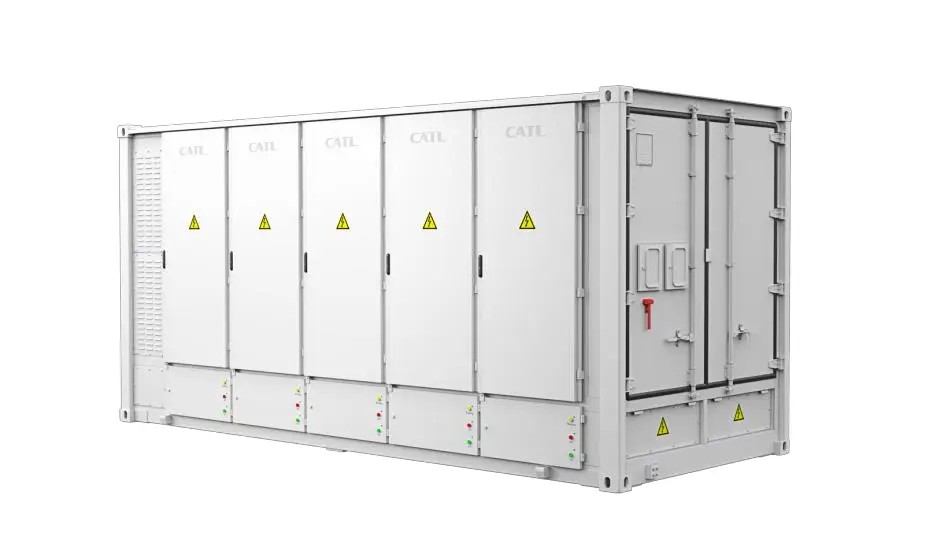As a Leading EV Charger Manufacturer in China, LiCB Charge Offers Reliable AC and DC Electric Vehicle Charging Stations Along with Comprehensive Charging Solutions.
Battery Energy Storage Systems (BESS) are rapidly becoming essential components in today’s evolving energy landscape, especially as the world shifts toward renewable energy sources and electric vehicle (EV) adoption grows. These systems store electrical energy for later use, helping balance supply and demand, stabilize power grids, and enhance the integration of intermittent renewables like solar and wind. This article explores what BESS are, their various types, how they function, and the key benefits they bring—particularly in supporting efficient EV charging infrastructure.
What is BESS?
Battery Energy Storage Systems are advanced technologies designed to capture excess electrical energy generated during periods of high production and store it chemically for use when energy demand spikes or generation dips. This capability is vital for smoothing out the variability of renewable energy sources, ensuring a steady and reliable power supply to the grid or specific applications such as EV chargers.
Types of Battery Energy Storage Systems
There are several types of batteries commonly used in BESS, each with distinct features suited to different needs:
-
Lithium-Ion Batteries
These are the most prevalent storage technology due to their high energy density, long cycle life, and relatively low maintenance. Lithium-ion batteries power everything from EVs to grid-scale storage systems and are favored for their efficiency and scalability. -
Lead-Acid Batteries
As one of the oldest battery technologies, lead-acid batteries are known for their cost-effectiveness and robustness. They are widely used in backup power and off-grid applications but have lower energy density compared to lithium-ion. -
Flow Batteries
These batteries store energy in liquid electrolytes and offer advantages like easy scalability and long cycle life. Their ability to decouple power and energy capacity makes them ideal for large-scale applications where flexibility and quick recharge times are important. -
Sodium-Sulfur Batteries
Operating at high temperatures to maintain molten sodium and sulfur, these batteries provide high energy density and efficiency, mainly in industrial and grid-level storage due to their operational requirements.
How BESS Work
BESS convert electrical energy into chemical energy during charging and reverse the process during discharging. When energy supply exceeds demand—such as during sunny or windy periods—the system stores the surplus energy. When demand outpaces supply, the stored energy is released back as electricity to the grid or specific loads, like EV chargers. This cycle helps maintain grid stability and ensures continuous energy availability.
Advantages of Battery Energy Storage Systems
BESS provide several crucial benefits that improve energy management and sustainability:
-
Environmental Gains: By enabling greater use of renewable energy and reducing dependence on fossil fuels, BESS help lower greenhouse gas emissions and minimize energy waste.
-
Lower Energy Costs: Storing energy when it is cheaper and using it during peak times can reduce electricity bills for residential and commercial users, with additional incentives often available from utilities.
-
Reduced Grid Dependence: BESS offer a reliable backup power source, increasing energy security in areas prone to outages or unstable grid conditions.
-
Enhanced Resilience: For critical infrastructure and emergency services, stored energy can maintain operations during blackouts, improving overall system reliability.
Conclusion
Battery Energy Storage Systems are transforming how energy is stored, managed, and utilized, playing a critical role in the transition to a sustainable energy future. With diverse technologies such as lithium-ion, lead-acid, flow, and sodium-sulfur batteries, BESS provide versatile solutions for a variety of applications. Their ability to stabilize grids, reduce costs, and support renewable integration makes them indispensable, especially as EV charging infrastructure expands globally. As energy systems continue to evolve, BESS will be at the forefront of enabling cleaner, more efficient, and more resilient power networks.Know more about Google SEO Directory

